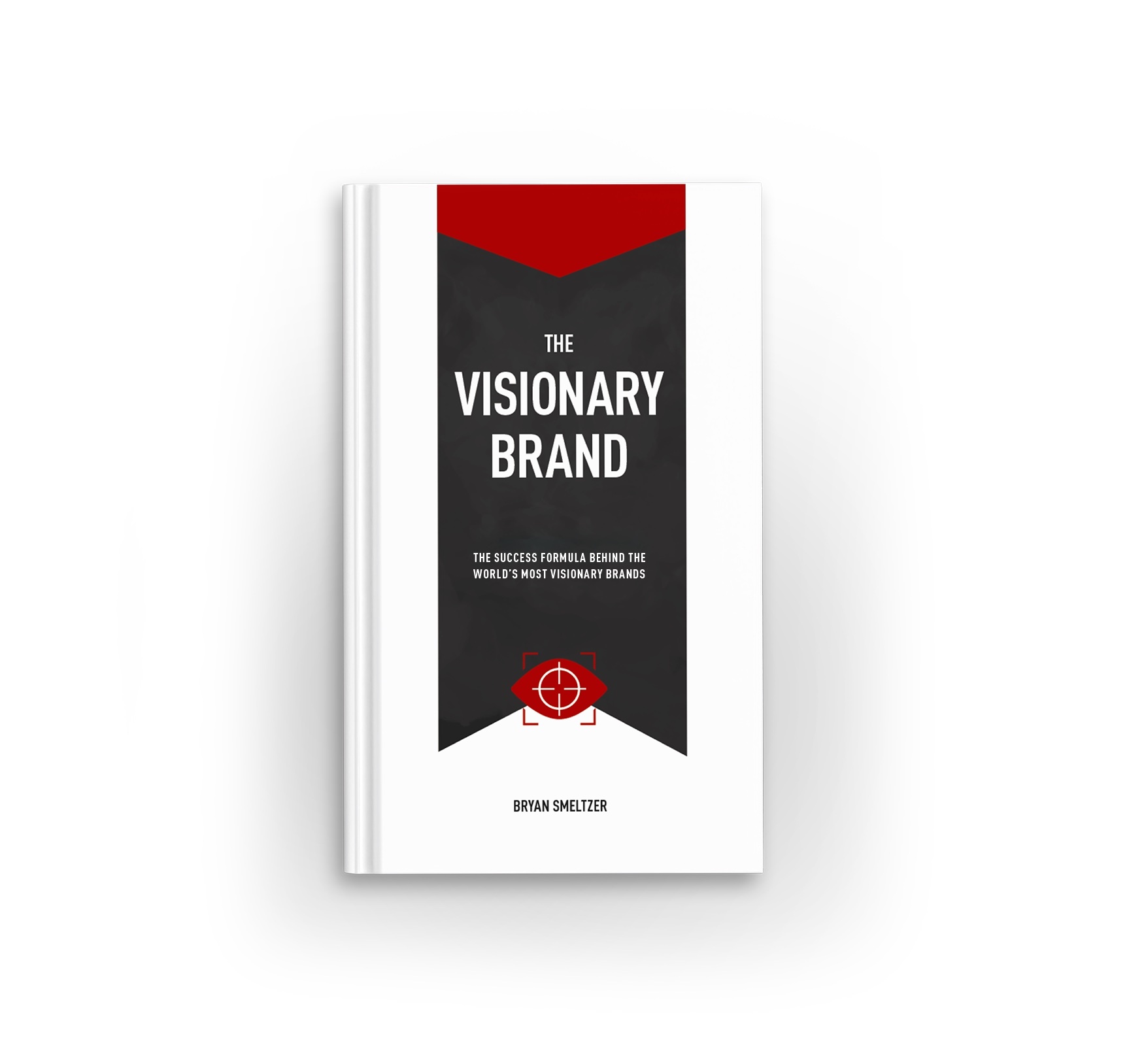
CHRONICLE: July 10th, 2023
PODCAST: Marketing Metrics | Develop a Roadmap to Success
We know that Marketing Metrics matter and are essential to defining brand ROI. They establish marketing discipline, decision-making, investment analysis, assessing the effectiveness of critical activities, and validating how business outcomes are achieved.
It is how we determine, assess, and manage these metrics to build an effective marketing strategy that provides tangible brand equity benefits and a realized ROI.
The first step in building your Roadmap is determining the most critical data points to construct an analysis of brand investment value.
Metric Data Point Analysis
- Do these metrics impact revenue (P/L) or the brand equity value/goodwill (balance sheet)?
- Do the metrics define the past (previous) or the future (lifetime value)?
- Are the metrics static (period demand generation) or dynamic (ongoing demand build)?
The Roadmap to the Value of Defining Marketing Metrics:
- Campaign Metrics | Effectiveness, ROI through click-through rates, and visits.
- Satisfaction Metrics | Customer satisfaction through NPS (net promoter score) or revenue.
- Brand Metrics | Brand affinity or brand equity valuation increase.
- Customer Acquisition/Attrition | Process to determine customer churn rate.
- Corporate Metrics | Enterprise value translation through corporate Culture, HR, or potential M&A value.
You must initial the analysis with metrics that track marketing investment performance, such as promos. Then, determine and measure the outcome and compare it to the expectations, such as;
- Click-Throughs?
- Customers Visits?
- Do the results justify the investment?
- How effective and efficient was the marketing strategy?
- Were you able to determine ROI?
The most common marketing ROI formulas are;
TOTAL: Marketing Return on Investment
- MROI (%)= Incremental revenue attributable to marketing ($) during the period – Marketing spending ($) ÷ Marketing spending ($)= % ROI
FUNNEL: Marketing Return on Investment (LiquidMind action sports customer example)
The campaign cost ($30,000) generates 6,000 views of the video. Historical tracking projects 12 of the viewers will become qualified leads within 6 weeks, and 10 % will convert to revenue within 6-9 months = 72 sales. At a profit of $500/sale = $36,000 in revenue.
- Funnel MROI - $36,000-$30,000/$30,000 = 20% MROI
CUSTOMER EQUITY: Marketing Return on Investment (LiquidMind banking customer example)
Customer retention/attrition valuation; 10,000 customers, @ $2,000 annual profit/customer. The current attrition rate = 20%, invest $4M, and the goal is to reduce it to 17%.
Before; 10,000 * $2,000/20% - $100M
After; 10,000 * $2,000/17% = $117M
Customer Equity MROI; $17.6M (increase) - $4M(marketing)/$4M (marketing) = 340% MROI
These marketing metrics need to be combined with other metrics. Still, the most important ones are revenue growth, which realizes a tangible ROI, and customer satisfaction through the Net Promoter Score.
The marketing team can measure the Value of brands equity value growth through other more intangible metrics such as;
- Brand awareness
- Brand consideration
- Brand preference
- Brand quality and point of difference
- Brand affinity
- Brand positioning
- Brand culture
In looking at brand marketing metrics, a recent study of CMOs in 2021 found the following are the most important for determining ROI.
- Revenue
- Digital Marketing Performance
- Lead Generation
- Content Engagement
- Lead Generation
- Customer Engagement/Experience
- Campaign Costs
As you can see, marketing metrics are important, but determining tangible benefits is critical.
At LiquidMind (LiquidMindsite.com), we work with our brands to set a cohesive marketing strategy, activation plan, ongoing investment analysis, and brand equity development and growth determination.
Stay True, Stay Authentic, be Different, and be Great!
Enjoy the Journey!
Bryan Smeltzer, President
LiquidMind Inc.
#TheVisionaryChroniclesPodcast
#TheVisionaryBrandBook
@LiquidMindsite.com
@BryanSmeltzer.com
© All rights reserved, Bryan Smeltzer, 2023
Bryan Smeltzer is a consumer products business executive and entrepreneur. He has held executive-level roles in business development, product, and marketing with some of the world's most prestigious brands, including; Oakley, TaylorMade, Adidas, K-Swiss, and Schutt Sports, among other international brands. He also founded a men's apparel brand, successfully running a profitable business for ten years, eventually selling to a VC firm.
He also hosts a podcast called The Visionary Chronicles. The Visionary Chronicles podcast is the #1 Global Visionary podcast and Top 50 Marketing podcast for 2022 & 2023, ranked by Feedspot.
In addition, he recently finished his first bestselling book, The Visionary Brand, The Success Formula Behind the World's Most Visionary Brands. He received the prestigious Readers Favorite Award for BEST Non-fiction, Marketing Genre book.
He is a member of the Board of Advisors at UCI's BCIE along with their New Venture Program, an Innovation Advisor at the UCI's Applied Innovation program at the Cove, a Mentor/Advisor to UCLA's Price Center for Entrepreneurship & Innovation, and the UCLA Media, Entertainment and Sports programs, and the San Diego Sports Innovators Accelerator (SDSI) center.
Bryan oversees LiquidMind Inc., a global brand strategy firm that partners with start-ups and established mid to large-cap consumer brands to empower businesses to think differently, be different, drive a passionate culture, and execute relentlessly.
Facebook | @bryansmeltzer33
Instragram | @bryan_smeltzer
Twitter | @bryansmeltzer
linkedin.com/in/bryansmeltzer/




No comments yet. Be the first to say something!